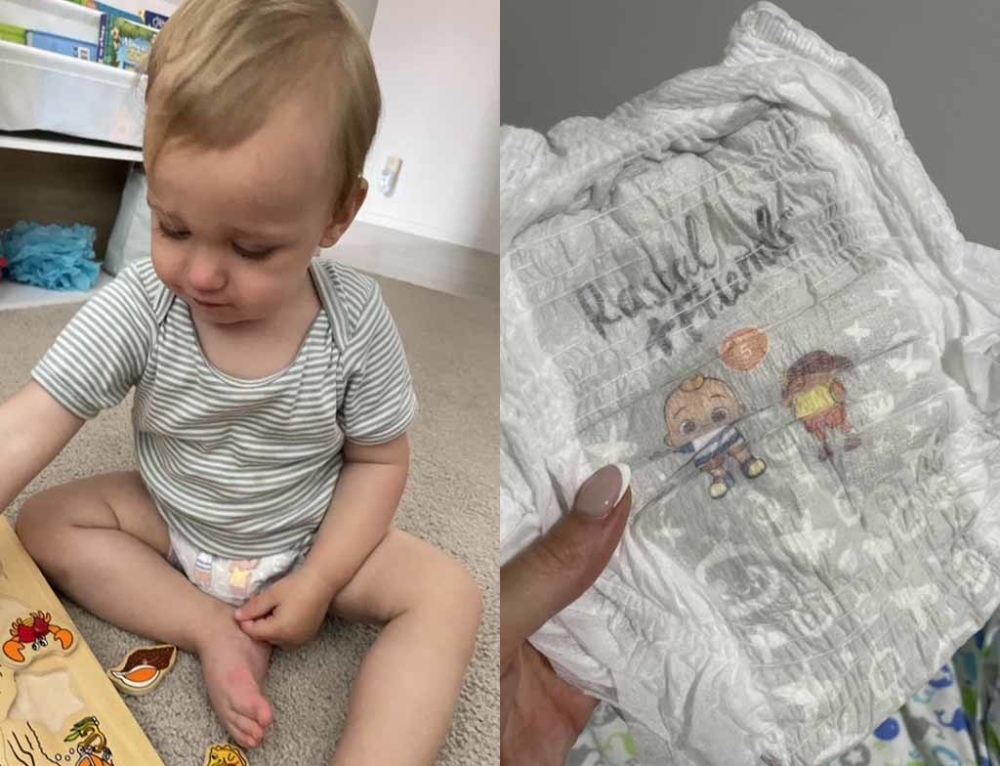While the exhaustion and emotional demands of new motherhood are still very much present, six weeks generally marks the end of the physical recuperation. Your uterus has shrunk down to the size of your fist, the bleeding has stopped and the vivid memories of labour have (mostly) faded. If you’re breastfeeding, things are probably starting to become easier and more integrated into your everyday routine. However, it’s important to have one last appointment to make sure everything is healing. If possible, see if your partner or a friend can mind your baby while you’re having your check-up. Even if they only look after your baby in the waiting room while you’re seeing the doctor at least you won’t be distracted and can solely focus on yourself and your health.
At your six-week postpartum check-up you can expect the following:
Your doctor may do a complete physical exam, checking your weight, blood pressure and how you’re feeling after the birth. One important aspect of this check-up is to ensure there isn’t unusual redness, swelling or fluid coming from any incisions – whether it’s from your caesarian, episiotomy or any perineum tears. The doctor will check to make sure they’ve healed correctly and aren’t causing you any discomfort.
Internal examination
Your doctor will also perform an internal exam to check your vagina, cervix, uterus and ovaries for tears, bruising and growths. Your doctor will also be checking that your reproductive organs are returning to their pre-pregnancy state. You’ll probably also have a pap-smear at this time.
Breast check
Then the doctor will check your breasts for blocked milk ducts, lumps or other abnormalities. If you’re experiencing any particular pain or discomfort while feeding or afterwards explain this to your doctor so they can check that there’s no underlying issues.
How are you feeling?
There will be time for your doctor to talk to you about how you’re holding up emotionally, like your mood swings, stress and overall happiness. You might be asked to do a quick postpartum depression screening, which will help your doctor assess whether you need further professional help. Your doctor might also be able to recommend local help, like lactation consultants or baby nurses, to alleviate some of the overwhelming stress of new motherhood. Be honest about how you’re feeling and ask for help if you need it.
Other issues
Your doctor will ask about urinary incontinence and intestinal problems, as well as follow-up on any pregnancy complications like gestational diabetes or pinched nerves. Your doctor will also discuss whether you’ve been performing your pelvic floor exercises to keep your pelvic floor in good order. If you’ve experienced any issues with your bladder or your bowels (leaking urine or urgency with bowel movements) now is a good time to find out if everything’s okay.
Back on track
The doctor will also give you the okay to resume normal activities like exercise, heavy lifting and yes, even sex. Even if you’re nowhere near ready for a romantic rendezvous, talk to your doctor about birth control options. Because as impossible as it might seem, the mood will strike one day, and unless you’re ready for another year of pregnancy and recovery, you’ll want to be protected.
Any questions
You should take along a list of questions that you’d like answered, or topics you’d like discussed. Having your question written down means you won’t feel flustered or rushed and should be able to have all your questions answered. You might wish to discuss breastfeeding, pain management and support networks that are available and how you’re coping with motherhood.
Don’t be afraid to ask your doctor any questions, no matter how silly you think they are – your healthcare provider is here to help you, not judge you.
Written by Linda Drummond for Kidspot, New Zealand’s leading pregnancy and parenting resource.







Leave A Comment
You must be logged in to post a comment.